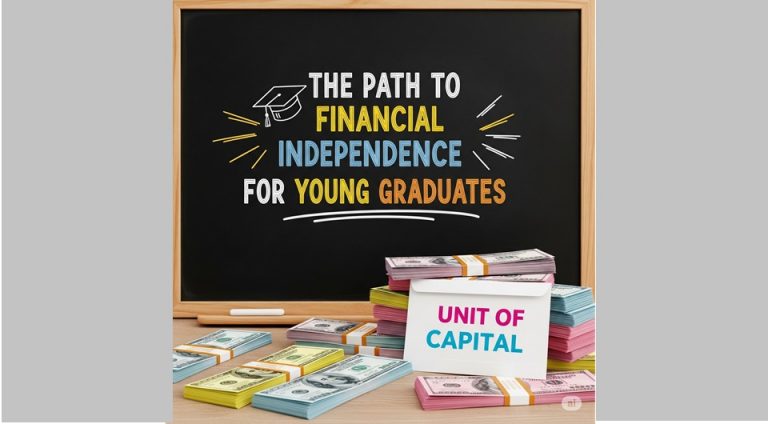
Question: “I am a young graduate who just started working in a Lagos bank. How can I create financial independence for the future?”
My Response: When you are paid at work, make sure to elevate a part of that salary to capital. Money is a unit of capital and does not have an inherent regenerative ability in its stable state. The reward of most Labour is money. But Labour expires or retires which means sources of money can be cut off. Breakthrough comes when one earns money via Capital/Equity because capital under most circumstances neither retires nor expires.
In other words, to find sustained financial independence, find how to turn some of your salaries (i.e. money) into capital. That principle is the same for individuals, families and nations. Poor nations operate at the level of money; rich nations operate at the capital level. Nigeria is always talking of money, but America focuses on capital. The formation of capital expands the wealth of nations. Simply, when people move their money to the level of capital, they create wealth. A man who has 100 acres of village land but is still poor is because his nation is built on money, not capital.
Register for Tekedia Mini-MBA edition 19 (Feb 9 – May 2, 2026).
Register for Tekedia AI in Business Masterclass.
Join Tekedia Capital Syndicate and co-invest in great global startups.
Register for Tekedia AI Lab.
In the five factors of production – land, labour, Capital, entrepreneur and knowledge – there is no Money listed. Capital represents assets (physical and non-physical encapsulating skills, education, knowledge systems, etc) which are used to make goods and services during the transmutation process of turning ideas, and raw materials, into finished goods. Money does one thing: means to exchange goods and services!
In short, the unit of Capital is money (i.e capital is measured in monetary terms). When I began like you in Nigeria, I developed a model on the allocation of my salary. I kept a percentage for investment (mainly stock) under my 45-20-20-15 model; 15% of my gross went into investments.
Of course, the crash of the Naira makes that decision regrettable now, but if I had done that in a place with stable currency, my decision, which I always teach in Tekedia Mini-MBA Personal Economy lectures would have become a required reading. That said, look for asset classes that have the capacity to beat inflation and currency, and turn some of your money into capital. Good luck.
---
Connect via my
LinkedIn |
Facebook |
X |
TikTok |
Instagram |
YouTube


